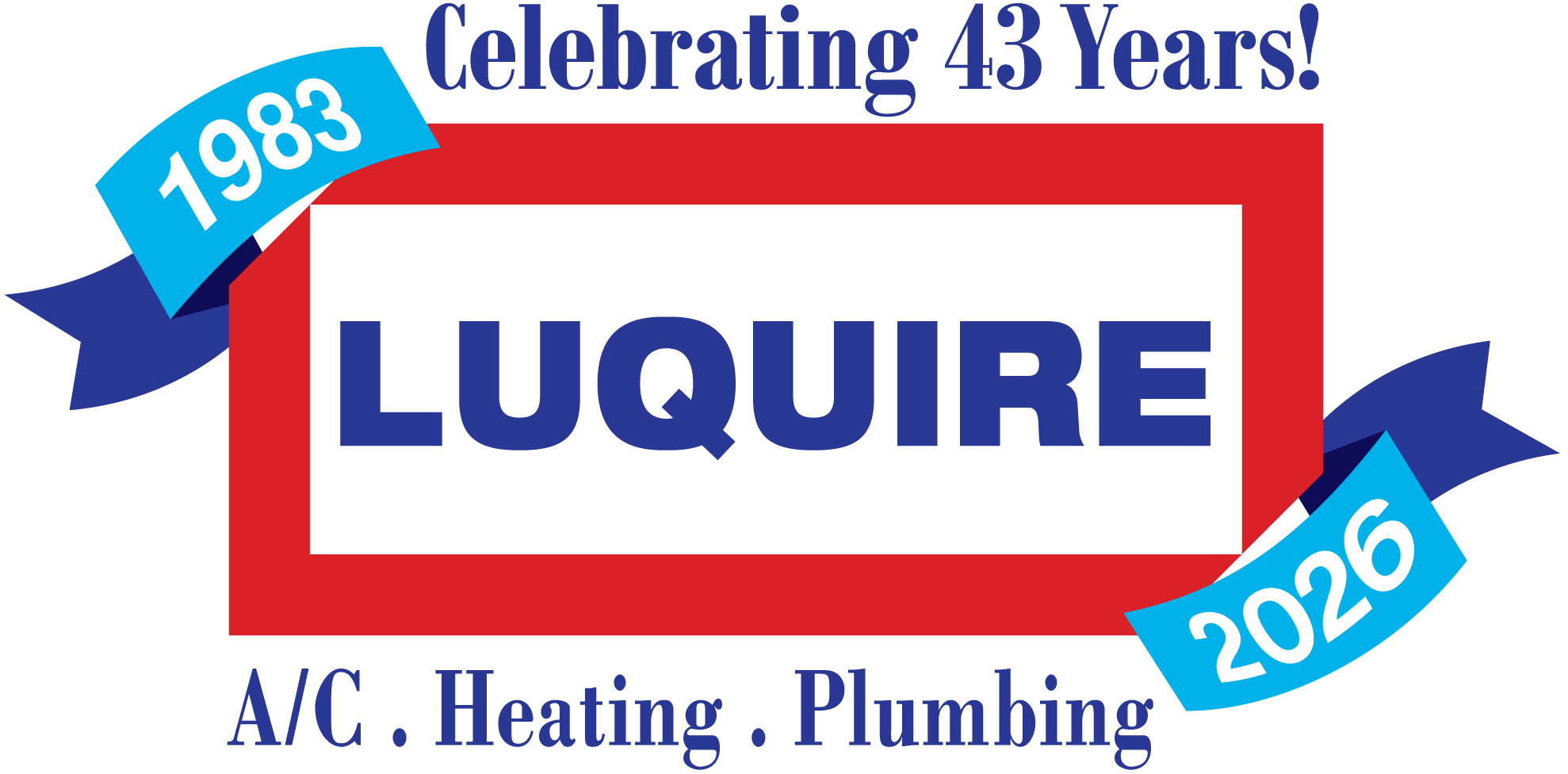Government studies indicate that costs associated with heating and cooling a house can account for 50 percent or more of a monthly utility bill. You can reduce your carbon footprint and make your home more comfortable by increasing its air tightness. This guide provides a brief explanation on how homeowners in Pike Road AL can save money and energy by properly insulating their homes.
Insulation and Air Convection
In nature, heat flows from a warm area to one that is cooler. This means that warm air will try to leave your home during the winter and enter the property during the summer. A house can lose almost 40 percent of its air through unsealed attics, garages and crawl spaces because of the difference in temperatures. If you do not use effective measures to interrupt this perpetual cycle, your heating and air conditioning system will operate continuously as it attempts to keep your home warm in the winter and cool in the summer. This will cause a significant increase in your energy use, utility bills and the wear on the HVAC equipment. Insulation can restrict airflow and the transfer of heat.
Insulating Process
Materials that limit the flow of energy are considered insulators. Over the years, homeowners have used various products to protect their homes. One of the most common insulators is fiberglass batt, which was developed by Owens-Corning in the 1930s. Other types of insulating materials include low-density foam, loose fill and blankets. These are also known as spray foam, cellulose and fiberglass insulation.
While these products cannot eliminate airflow, they can significantly reduce the convection process. Technicians accomplish this by installing insulating materials in the cavities between the wall studs and floor joists of crawl spaces and attics. The insulating material absorbs heat and blocks the flow of air through the product. Manufacturers produce insulators with various levels of resistance and assign a rating known as R-value. The higher the rating on the insulator, the more effective the material will be at restricting the transfer of heat. The warm insulator reflects heat back into a cold room in winter. During the summer, the insulating material reflects heat outside as it becomes hotter than the ambient temperature. This traps the cool air inside your home. Once air is sealed inside the space, it does not have to be replaced on a continual basis.
Insulation for HVAC System Efficiency
Installing the appropriate amount of insulation helps to keep your home comfortable year round. This enables you to maintain a level of comfort while reducing the amount of time your HVAC system must operate to control temperature and humidity levels in your home. Homeowners in Pike Road AL can reduce their heating and cooling expenses with regular HVAC maintenance as well. Technicians can identify and correct performance issues that can increase your utility bills and damage your equipment. If you want to arrange a service call or need more information on efficient HVAC systems, contact us at AC by Luquire to speak with one of our highly trained technicians.

